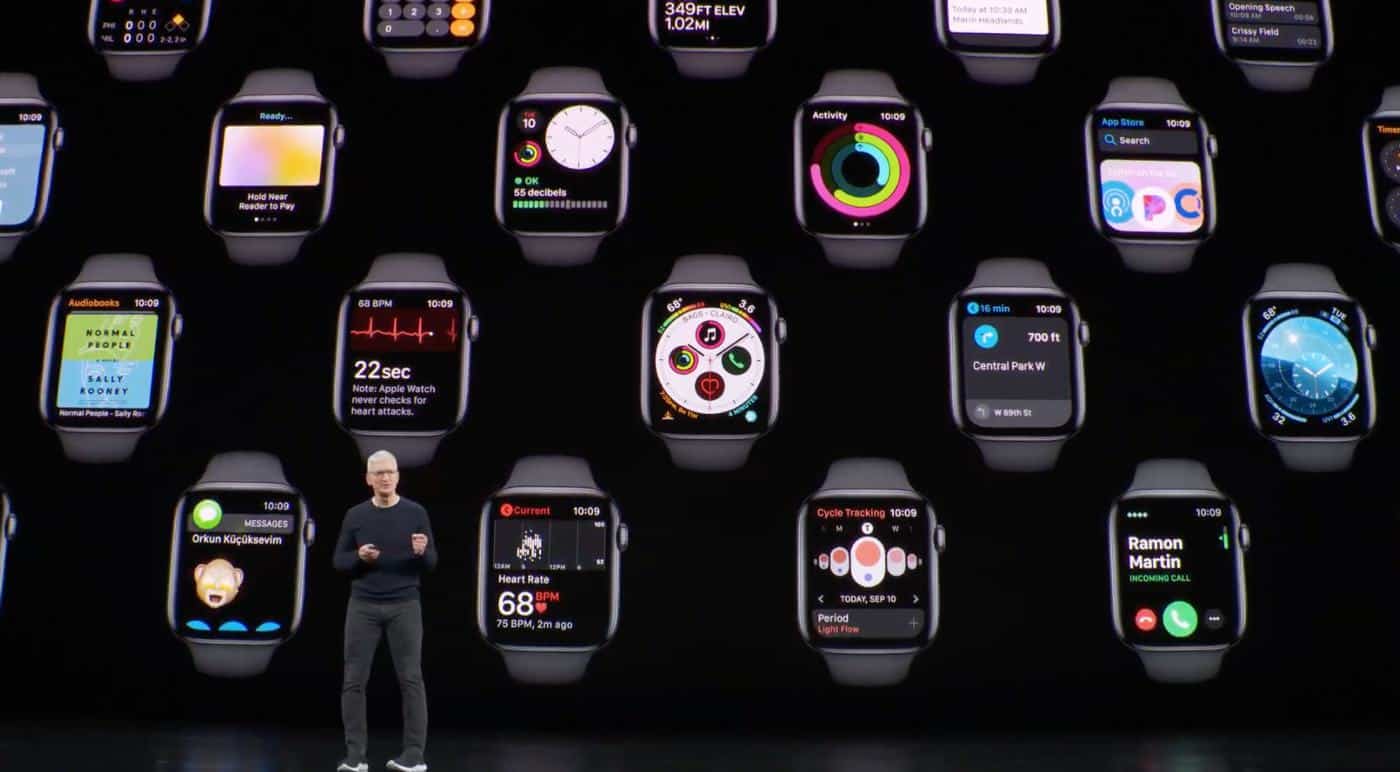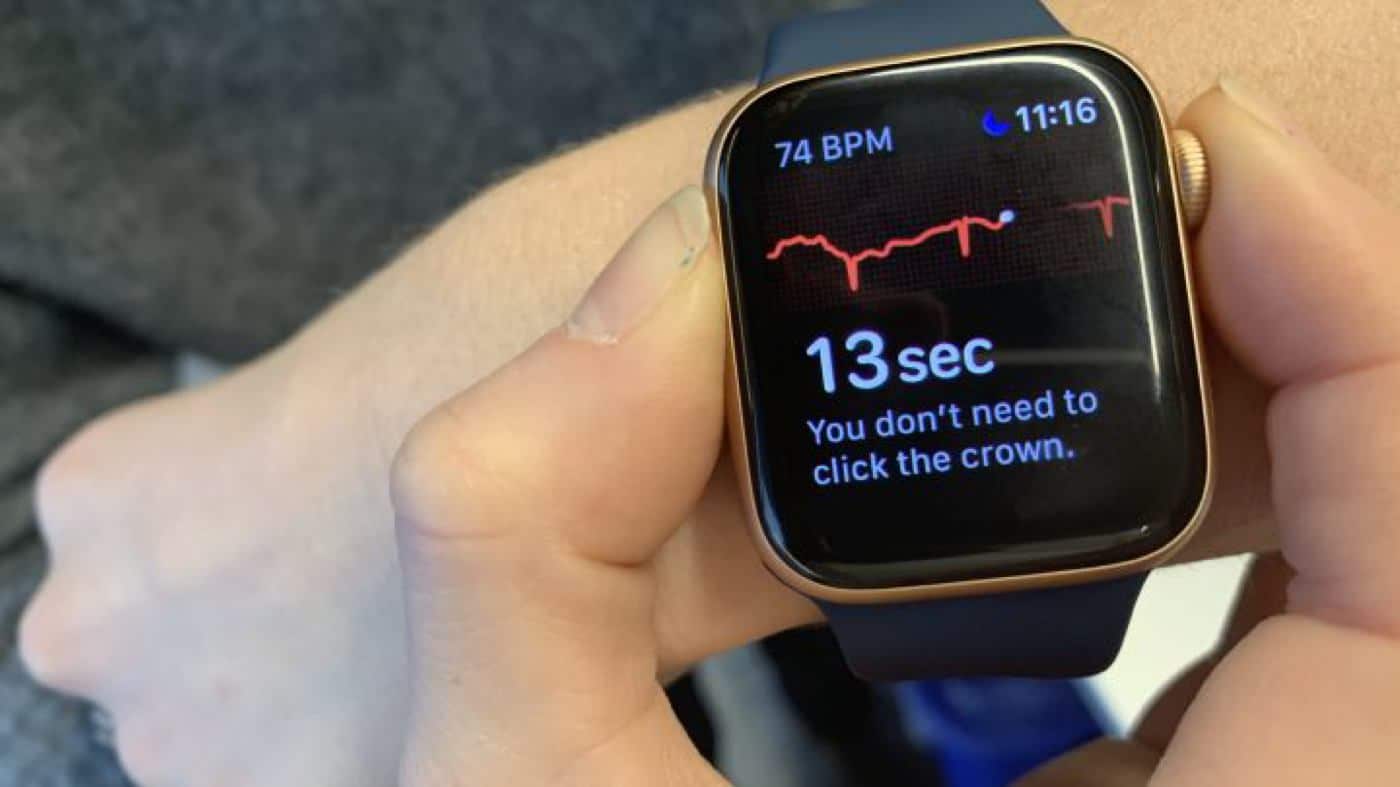Apple
Apple Watch rumored to feature a blood oxygen detector in iOS 14
Whether or not you’ll see these features in the Apple Watch 6 or watchOS 7 is still uncertain.

Just a heads up, if you buy something through our links, we may get a small share of the sale. It’s one of the ways we keep the lights on here. Click here for more.
Apple may just be gearing up to take their wearables to the next level. Code from the upcoming iOS 14 update might suggest that they’re adding a blood oxygen detector to Apple Watch. With the coronavirus outbreak still raging, this feature couldn’t come at a better time.
Apple Watches already have the hardware to make this possible. Their built-in heart rate monitors include sensors that could read blood oxygen levels. Since the Apple Watch 6 and watchOS 7 will likely release in the Fall, they could finally take advantage of these devices.
Why Install a Blood Oxygen Detector?
It’d be the perfect time to release a blood oxygen, or pulse oximetry, detector, given the COVID-19 pandemic. New Hampshire doctor Richard Levitan found that some patients have coronavirus-caused pneumonia without even realizing it. Pulse oximetry can be an early warning sign for people who may have it, but don’t experience breathing problems.
You’ve probably already heard of wearable tech offering medical alerts. Some companies use devices that automatically alert emergency services if they detect something wrong. With a pulse oximeter, you could have those features in your Apple Watch that you already use for other things.
This feature could allow your watch to alert you if your blood oxygen levels are low. Since this could be a sign of COVID pneumonia, early warnings like that could be a lifesaver. Aside from personal use, health organizations could use these readings to help track the virus.
Other Upcoming Features
Pulse oximetry isn’t the only upcoming health feature for Apple Watches. With iOS 13.5 and watchOS 6.2.5, coming later this month, Apple is linking its Medical ID and Emergency SOS features. The result is a system that automatically shares your health information with emergency services.
If you opt in to the service, your Apple Watch or iPhone will share your Medical ID when you trigger Emergency SOS. That way, first responders can know things like your blood type or allergies before they even arrive. They could then provide you with faster, better care.
Upcoming watchOS versions will also likely fix current problems with Apple Watches. Right now, ECG readings for heart rates between 100 and 120 bpm are faulty on the watch. With Apple rolling out more advanced medical detection features, they’ll probably address this shortcoming.
Other rumors surrounding the future of Apple Watch include the addition of sleep tracking and longer battery life. Apple users have been waiting for these features for quite some time, so it’s a logical step forward. As usual, Apple’s remained quiet about these upcoming updates, so you’ll have to wait and see to be sure.

Image: CNBC
Wearable Tech and Health
As the pandemic continues, health features in wearable tech will become all the more valuable. Things like pulse oximetry won’t diagnose people with COVID-19, but they can help detect possible symptoms. Any step towards taking better care of your health is a step worth taking.
Whether or not you’ll see these features in the Apple Watch 6 or watchOS 7 is still uncertain. Given their usefulness right now, though, it’s not a stretch to think you might. With these upcoming updates, Apple has a chance to leap forward in wearable technology.
Have any thoughts on this? Are you looking forward to this new feature? Let us know down below in the comments or carry the discussion over to our Twitter or Facebook.
Editors’ Recommendations:
- Apple now has a messaging app for the Apple Watch called Kit – here’s how it works
- You can now listen to Pandora on your Apple Watch without needing your iPhone
- Apple is working on a new feature in iOS that lets you unlock your car using your iPhone or Apple Watch
- How to track sleep with the Apple Watch



























